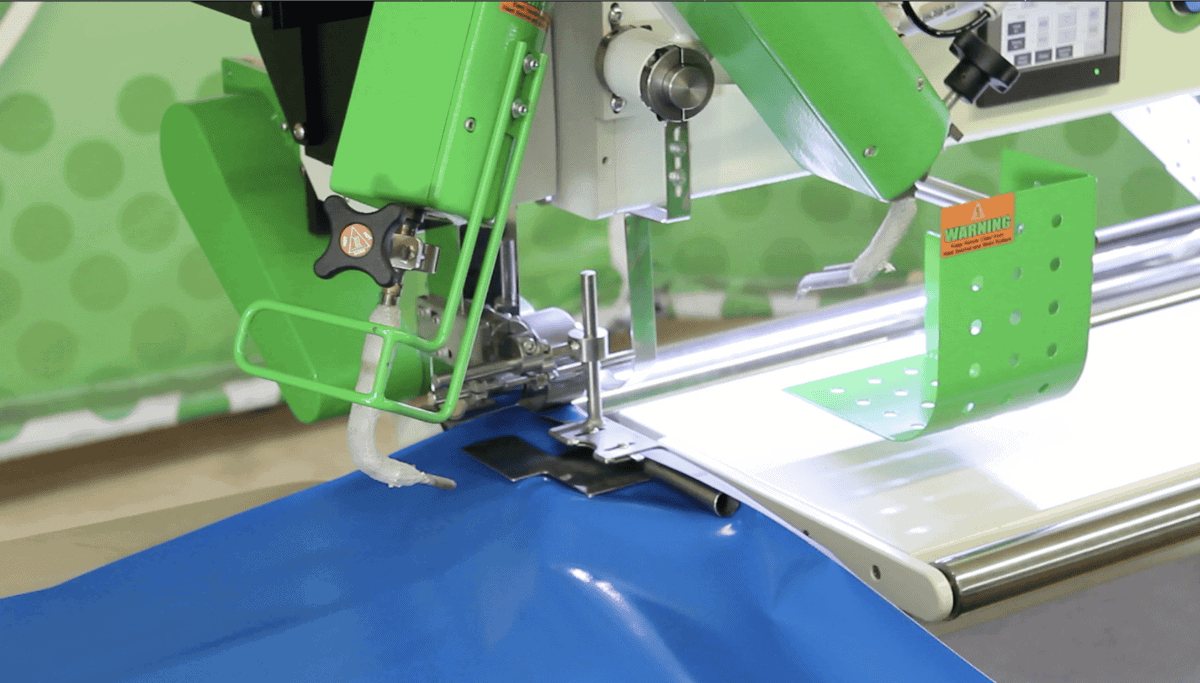Selecting the Optimal TPU Textiles for Flexible Liquid Storage: The Essential Pillow Tank Survey Guide
Flexible Storage Tanks, International Standards, Marine Safety, ProductionJul 16, 2025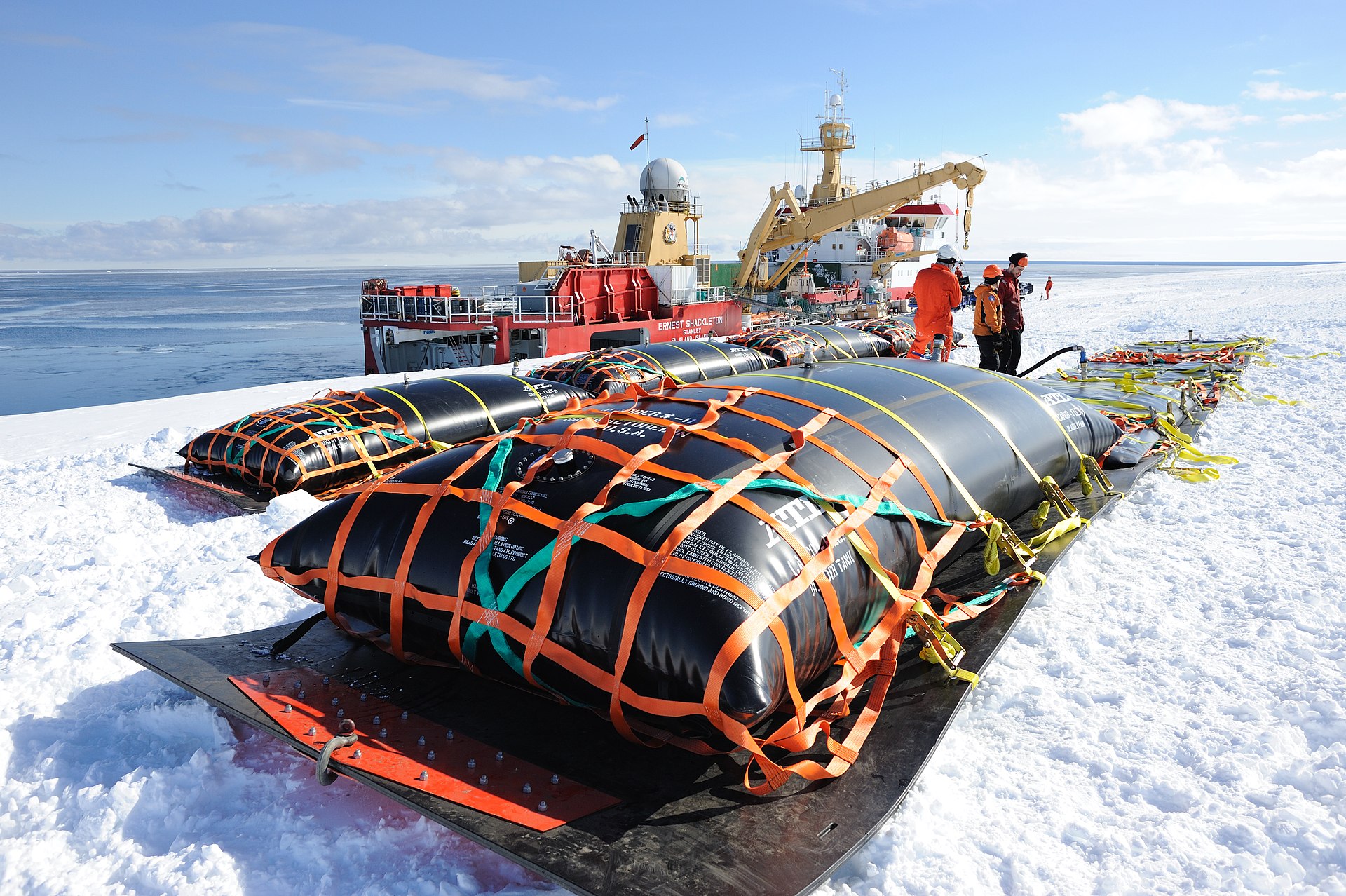
Designing effective pillow tanks and flexible liquid storage solutions demands precise material selection to ensure safety, durability, and optimal performance. As specialists in high-performance TPU textiles for flexible liquid storage, we’ve developed this comprehensive survey guide to help manufacturers identify the exact material specifications needed for their unique applications. Working through these critical questions before finalizing your design will help ensure your flexible storage solutions meet all operational requirements while minimizing risk.
The Flexible Storage Material Selection Survey
1. Liquid Content Assessment
The stored liquid’s properties fundamentally determine your TPU material requirements:
- Liquid type:
- Water (potable/non-potable)
- Fuels (diesel, petrol, aviation fuels)
- Chemicals (acids, bases, solvents)
- Food-grade liquids
- Agricultural products (fertilizers, pesticides)
- pH level range:
- Neutral (pH 6-8)
- Mildly acidic (pH 3-6)
- Strongly acidic (pH 0-3)
- Mildly alkaline (pH 8-11)
- Strongly alkaline (pH 11-14)
- Chemical aggressiveness:
- Non-aggressive (water, food-grade)
- Mildly aggressive (dilute solutions)
- Moderately aggressive (concentrated chemicals)
- Highly aggressive (industrial solvents, strong acids)
Your answers here determine whether standard TPU formulations are good or if you need our chemically resistant variants. Hydrocarbon storage necessitates specialized fuel-resistant TPU compounds, while food-grade applications require certified materials that are compliant with relevant regulations.
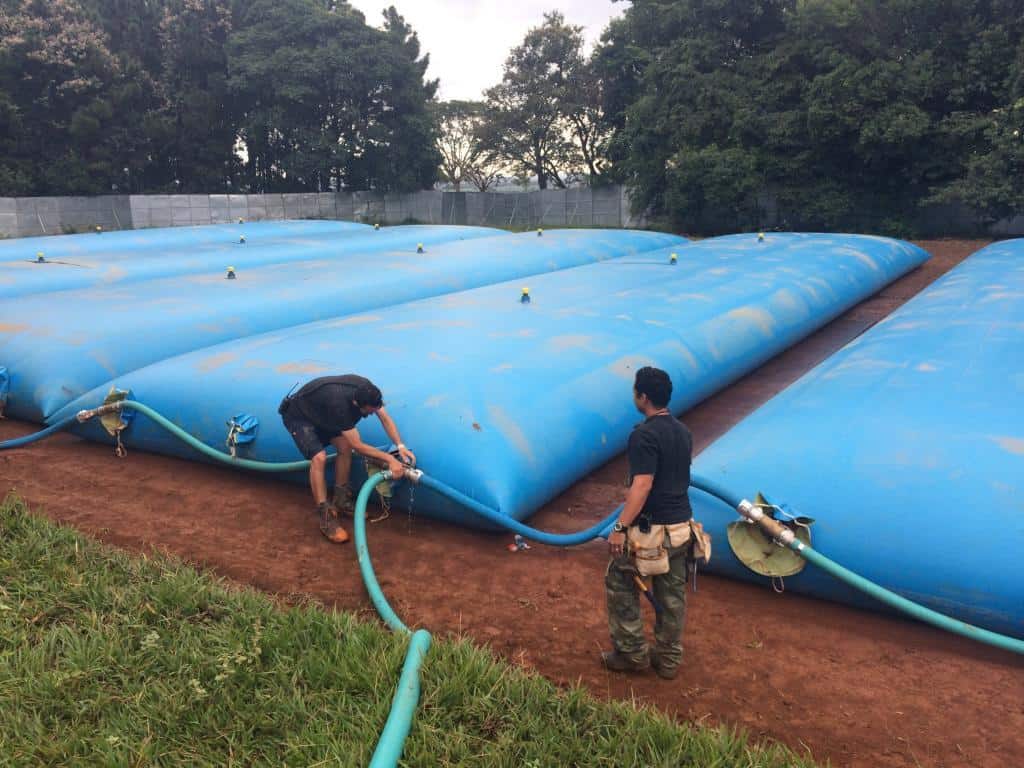
2. Operational Environment Parameters
Understanding deployment conditions is crucial for material selection:
- Deployment setting:
- Indoor/controlled environment
- Outdoor/roofed with UV exposure
- Full outdoor exposure
- Marine/offshore applications
- Temporary emergency deployment
- Temperature range:
- Standard range (0-40°C)
- Extended cold (-20 to 0°C)
- Extended heat (40-60°C)
- Extreme variations (-40 to 60°C)
- Ground surface conditions:
- Smooth prepared surfaces
- Semi-prepared surfaces with minimal protrusions
- Rough terrain with potential sharp objects
- Variable deployment conditions
Full outdoor exposure requires our UV-stabilized TPU formulations, while extreme temperatures demand specially engineered compounds with enhanced thermal stability. Rough terrain deployments benefit from our reinforced bottom-layer textiles with additional puncture resistance.
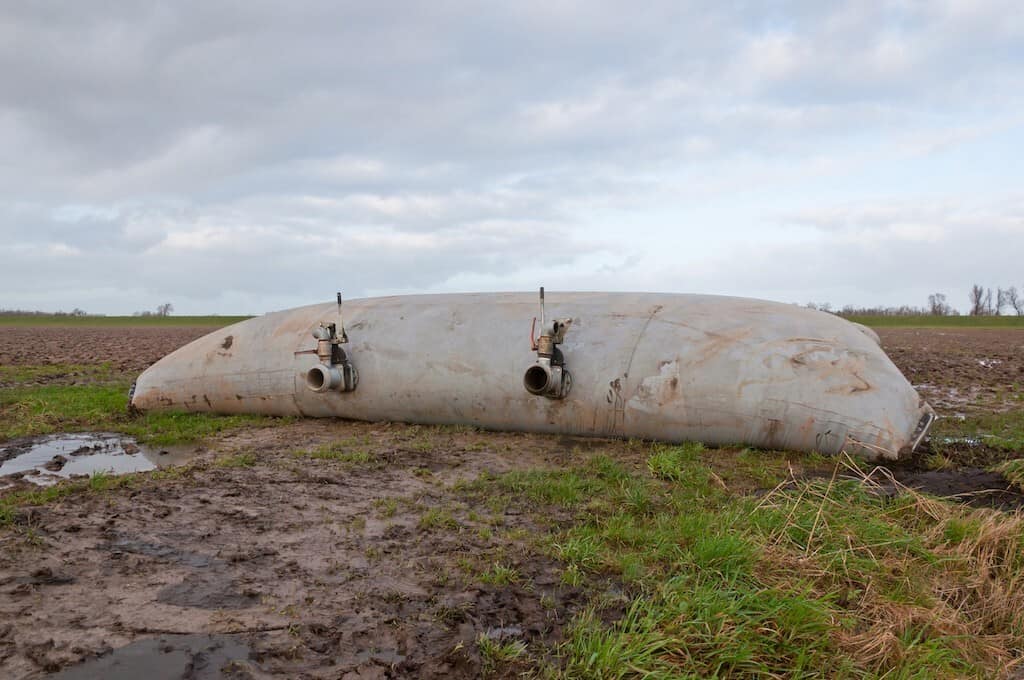
3. Capacity and Dimensional Requirements
Physical specifications influence material thickness and reinforcement needs:
- Storage capacity range:
- Small volume (under 5,000 liters)
- Medium volume (5,000-25,000 liters)
- Large volume (25,000-100,000 liters)
- Extra-large volume (100,000+ liters)
- Height-to-width ratio preference:
- Low profile (wide footprint, minimal height)
- Standard profile
- Tall profile (minimized footprint)
- Variable or custom profile
- Deployment frequency:
- Permanent installation
- Semi-permanent (occasional relocations)
- Regular redeployment
- Rapid deployment emergency use
Larger capacities require increased material thickness and reinforcement patterns, particularly at stress points. Deployment frequency affects the flexibility requirements of your TPU textile, with frequent redeployment necessitating our high-flex variants with superior folding endurance.
4. Mechanical Stress Factors
Predicting stress patterns helps determine reinforcement requirements:
- Expected fill/drain cycles:
- Limited (less than 10 annually)
- Moderate (10-50 annually)
- Frequent (50-200 annually)
- Continuous operation (200+ annually)
- Transportation requirements:
- Stationary once deployed
- Occasional movement when empty
- Frequent relocation
- Transportation while partially filled
- Expected service life:
- Short-term (up to 1 year)
- Medium-term (1-5 years)
- Long-term (5-10 years)
- Extended use (10+ years)
Frequent fill/drain cycles require TPU formulations with enhanced fatigue resistance at fold points. Transportation while filled demands specialized reinforcement patterns and higher tensile strength to prevent material stress failure.
5. Integration and Connection Requirements
Your system interfaces affect material compatibility needs:
- Fitting types:
- Standard threaded connections
- Camlock/quick-connect systems
- Custom or specialized fittings
- Multiple connection types
- Number of access points:
- Minimal (fill/drain only)
- Standard (fill/drain plus venting)
- Extended (multiple access points)
- Comprehensive monitoring integration
- Secondary containment integration:
- No containment required
- Separate containment system
- Integrated containment features
- Advanced leak detection requirements
Connection points create stress concentrations that require reinforced TPU formulations or additional material layers. Multiple access points necessitate careful material planning to maintain structural integrity, while integrated containment features may require multi-layer TPU systems.
6. Regulatory and Compliance Factors
Compliance requirements significantly impact material selection:
- Required certifications:
- General industrial use
- Potable water storage certifications
- Hazardous materials compliance
- Military specifications
- Food-grade requirements
- Environmental regulations:
- Standard compliance
- Enhanced environmental protection
- Biodegradable requirements
- Zero leachate tolerances
- Industry-specific standards:
- Oil and gas
- Military/defense
- Humanitarian/emergency response
- Agricultural
- Industrial manufacturing
Different certification regimes require specific TPU formulations with documented testing results. Food-grade applications demand materials with appropriate non-leaching properties, while hazardous material storage requires certified chemical resistance profiles.
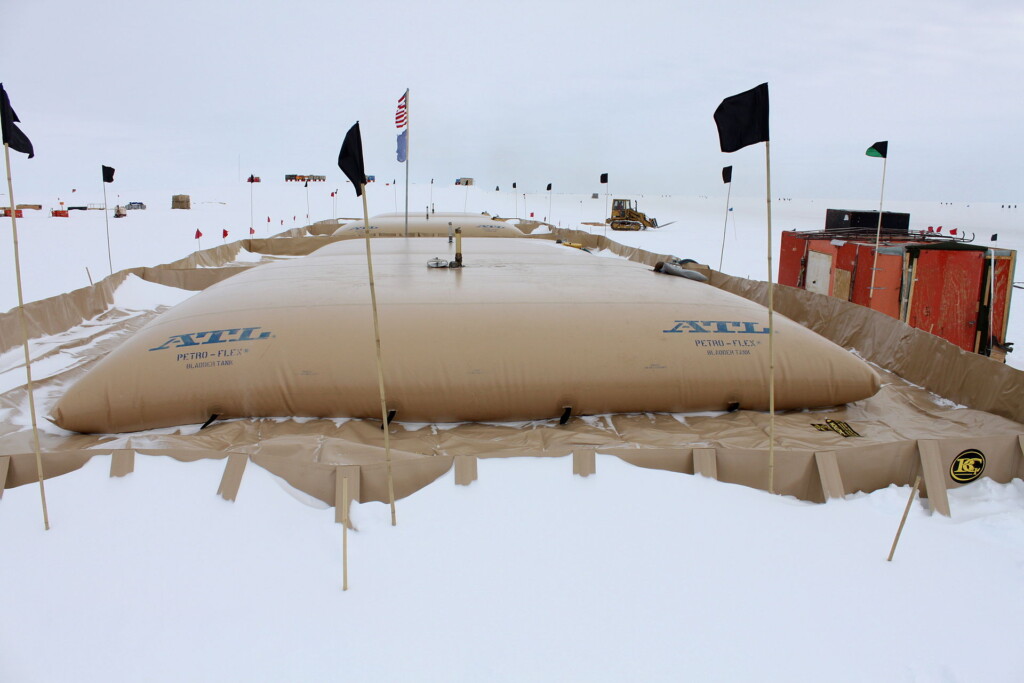
7. Manufacturing and Assembly Considerations
Your production methods affect material compatibility:
- Primary joining method:
- Heat welding
- Radio frequency (RF) welding
- Chemical bonding
- Mechanical fastening
- Production volume:
- Custom one-off projects
- Small batch production
- Medium production runs
- High-volume manufacturing
- Quality testing procedures:
- Visual inspection
- Pressure testing
- Destructive testing samples
- Comprehensive multi-method testing
Different joining technologies require specific TPU surface characteristics for optimal bond strength. Production volume helps determine whether standard-width materials or custom-cut preparations will maximize manufacturing efficiency.
What Your Survey Results Mean for TPU Selection
After completing this assessment, your pattern of answers reveals important insights about which TPU textile specifications will best serve your requirements:
Potable Water Storage Solutions
If your responses indicate potable water storage with standard environmental conditions and limited relocation needs, our Standard Water-Grade TPU offers the ideal balance:
- Certified for potable water contact
- Excellent UV resistance for outdoor deployment
- Standard thickness profile for general durability
- Cost-effective solution for non-aggressive liquids
Fuel and Chemical Storage Applications
For responses indicating fuel storage, chemical containment, or harsh environmental conditions, our Chemical-Resistant TPU series provides:
- Superior resistance to hydrocarbons and aggressive chemicals
- Enhanced barrier properties to prevent permeation
- Reinforced construction for industrial applications
- Specialized formulations for specific chemical families
Tactical and Emergency Deployment Systems
If rapid deployment, frequent relocation, and durability in unprepared terrain are priorities, our Tactical-Grade TPU delivers:
- Maximum puncture and abrasion resistance
- Optimized weight-to-strength ratio for portability
- Enhanced cold-weather flexibility
- Quick-folding properties with superior crease recovery
Industrial Bulk Storage Applications
For large-volume, long-term storage applications, our Industrial-Grade TPU provides:
- Maximum thickness profiles for extended service life
- Enhanced seam strength for high-volume capacity
- Specialized reinforcement at stress points
- Superior resistance to long-term UV exposure
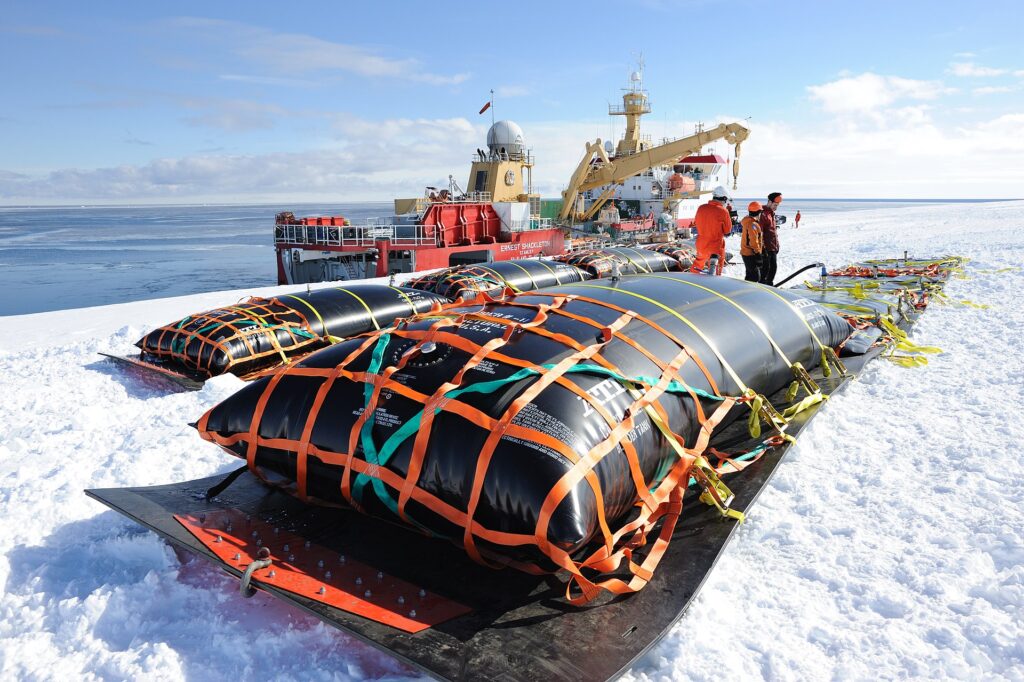
Beyond Material Selection: The Complete TPU Advantage
While selecting the right TPU formulation is essential, the benefits extend beyond the material itself:
Lifecycle Cost Benefits
Though initial investment in premium TPU may be higher than alternatives, the extended service life and reduced failure risk often translate to significantly lower total ownership costs. Proper material selection helps avoid costly failures and product replacements.
Environmental Considerations
Modern TPU formulations offer improved environmental profiles compared to traditional flexible storage materials, with reduced chemical emissions during manufacturing and potential recyclability at end-of-life—helping manufacturers align with increasingly strict environmental regulations.
Manufacturing Efficiency
TPU textiles can be processed using multiple joining technologies, often reducing production time compared to traditional materials. This allows for more efficient production cycles and potentially lower manufacturing costs for consistent production runs.
Next Steps: Your Custom Material Consultation
After completing this survey assessment, we recommend a detailed consultation with our TPU specialists to:
- Review your specific requirements profile
- Provide material samples for testing and evaluation
- Develop custom formulations if needed
- Supply technical specifications and performance data
Our engineering team specializes in collaborating with flexible storage designers to ensure the right material is specified from the beginning, avoiding costly redesigns or performance compromises.
Engineered Solutions for Flexible Storage Success
By systematically addressing these survey questions during your design phase, you create a comprehensive profile of your TPU requirements. This proactive approach ensures your flexible storage solutions deliver reliable performance throughout their intended service life.
Contact our technical team today to discuss your survey results and discover the specific TPU textiles that will optimize your next pillow tank or flexible storage design.
Erez-Therm is a leading manufacturer of specialized TPU textiles for liquid containment applications, combining cutting-edge material science with decades of industry experience to deliver superior performance fabrics for demanding environments.
Share this Post




